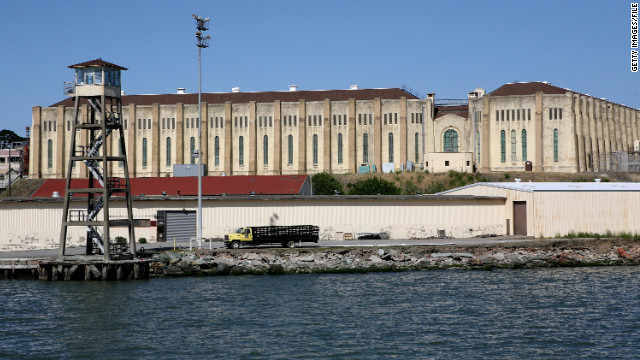By Tyler Yates
Impunity Watch Reporter, Middle East
TEHRAN, Iran — In recent weeks, both the United States and Human Rights Watch have accused Iran of attempting to quash free expression ahead of the country’s March elections. Since the beginning of 2012 at least ten reporters and bloggers have been arrested.

“This wave of arrests against journalists and bloggers is a brazen attempt by the authorities to exercise absolute control over information available to the citizens,” said Joe Stork, deputy Middle East director at Human Rights Watch. “Officials should immediately release all journalists and bloggers currently languishing in Iran’s prisons without ever being publicly charged and presented with the evidence against them, or serving time for exercising their right to freedom of expression.”
Authorities have refused to publically announce many of the charges against the journalists and bloggers, however two of the bloggers have received death sentences for the charge of “spreading corruption.”
On January 24, BBC Persia reported that judicial authorities in Iran had acknowledged the existence of a “temporary detention” order for one of the journalists, but friends and family of the detained say that they have been denied access and have yet to be told the charges levied.
There are rumors of charging the journalists and bloggers with “acting against national security” and “propaganda against the regime,” however these have yet to be confirmed officially.
U.S. State Department spokesperson Victoria Nuland noted U.S. concern over the treatment of the detained, and Iran’s apparent disregard for due process.
“We are deeply concerned by the alarming increase in the Iranian regime’s efforts to extinguish all forms of free expression and limit its citizens’ access to information in the lead-up to March parliamentary elections,” she said.
“Iranian courts confirmed death sentences for bloggers Saeed Malekpour and Vahid Asghari, both of whom were not accorded due process and now face imminent execution on charges of ‘spreading corruption.'”
The U.S. is urging Iran to respond to the international calls “to abide by its commitments to protect the rights of all citizens and uphold the rule of law.” They are also asking Iran officials to cooperate with the United Nations Special Rapporteur who began a special assignment investigating human rights in Iran late last year.
Iran has also recently increased its efforts to censor free expression the internet. On January 4, local newspapers printed new regulations from Iran’s cyber police unit that gave internet cafes 15 days to install security cameras and to begin collecting personal information from customers for tracking purposes.
Recent interruptions in internet connectivity and an increase of blocked websites have some thinking this is evidence that Iran is testing a national intranet. In March 2011, Iranian authorities announced that they were funding a multi-million dollar project to build a special Iranian internet to protect the country from socially and moral corrupt content.
For more information, please see:
AFP — US says Iran seeking to snuff out free expression — 27 Jan. 2012
U.S. Department of State — Wave of Arrests, Harassment, and Death Sentences in Iran — 26 Jan. 2012
Washington Examiner — Iran arrests journalists, to execute bloggers — 26 Jan. 2012
Human Rights Watch — Iran: New Assault on Freedom of Information — 25 Jan. 2012


